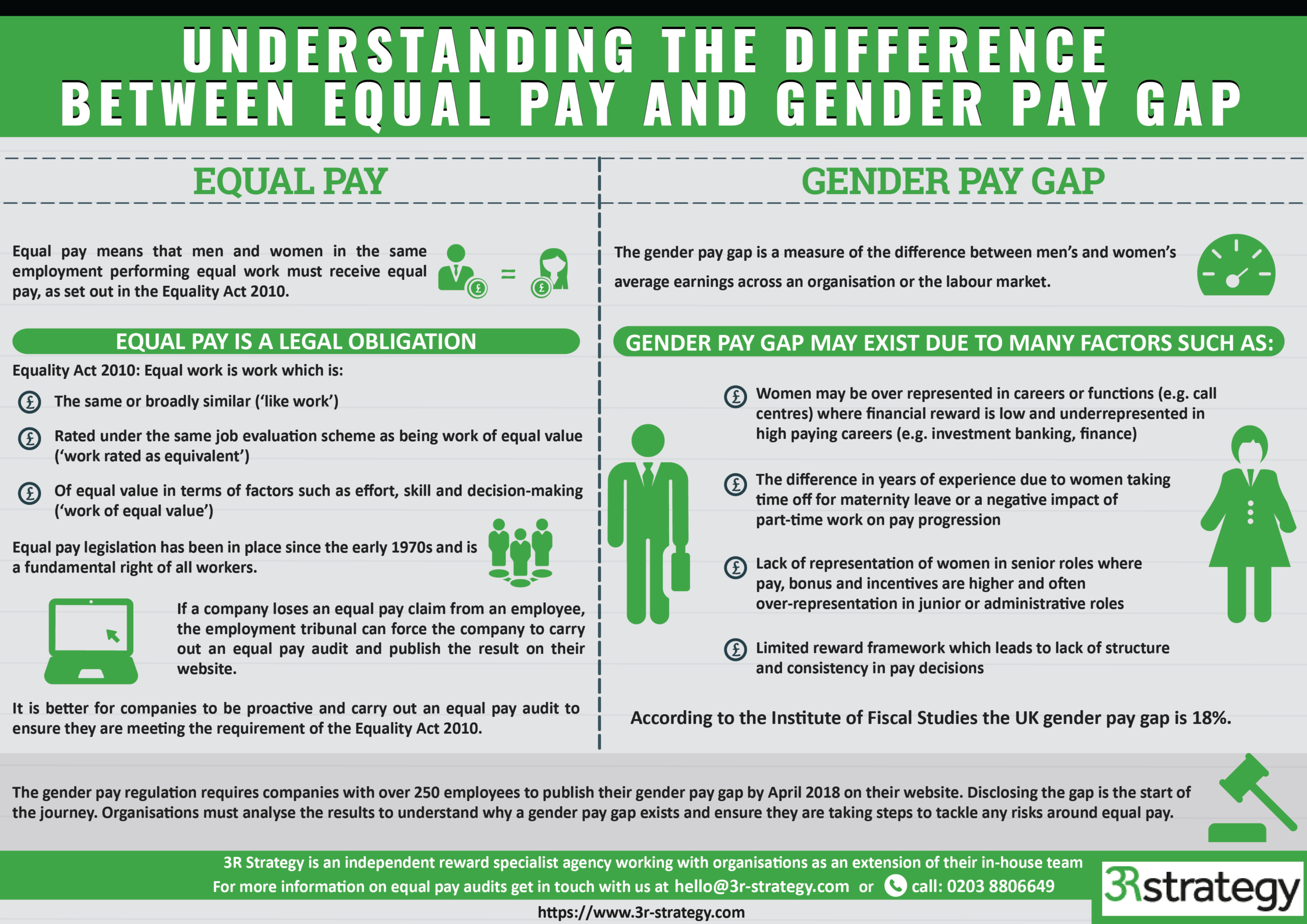Reducing the gender pay gap and achieving equal pay is still very much a hot topic. In the last few months Google has been hauled into the spotlight over this very issue, first with that leaked memo, followed swiftly by news that three former employees are suing the tech giant for systematically paying women less than men across all levels.
If the world’s most powerful data company is struggling to get it right, what hope is there for the rest of us?
Over in the UK, the situation isn’t great either, with the current gender pay gap a disappointing 18.1%. Earlier this year, the government passed new legislation that may help to tackle this pervasive problem.
Companies with more than 250 employees now have until April 2018 to publish their gender pay gap, along with bonus information and where women and men fall in the organisation’s pay structure.
Disclosing the gender pay gap is just the start of the journey. Organisations must analyse the results to understand why a gender pay gap exists and ensure they are taking steps to bridge this gap and reduce the disparity. A gender pay gap may exist due to a number of factors with the most common being the lack of representation of women in senior roles.
However, a large gender pay gap does not necessarily means that an organisation is paying one gender unfairly compared to the other. But if unequal pay is one of the causes leading to the gender pay gap then this presents a significant risk to the organisation. If an employee wins a legal claim that they were paid less because of their gender, the employment tribunal can award considerable damages and force the company to carry out an equal pay audit.
Rather than just focusing on reducing the gender pay gap, it’s better for companies to be proactive and carry out an equal pay audit to ensure they’re meeting the requirements of the Equal Pay Act 2010.
In the recent elections, both the Tory and the Labour parties pledged to make equal pay audits compulsory for large organisations as part of their manifesto. It’s only a matter of time before this, too, becomes an obligation and the potential consequences of non-compliance, much worse.
Next steps
Clearly, losing an equal pay claim or having a huge gender pay gap isn’t desirable. The subsequent negative publicity could easily repel potential employees and investors who want to know that they’re working with a responsible, fair organisation.
Have you considered undertaking an equal pay audit? As well as peace of mind that you’re complying with the Equality Act, you’ll be doing the right thing by your employees. If your staff feel appreciated and treated fairly, they’re less likely to move on.
If you would like more information on equal pay audits, get in touch with us at sarah@3r-strategy.com.
Related Topics
Culture is the culprit: Tackling the UK gender pay gap

